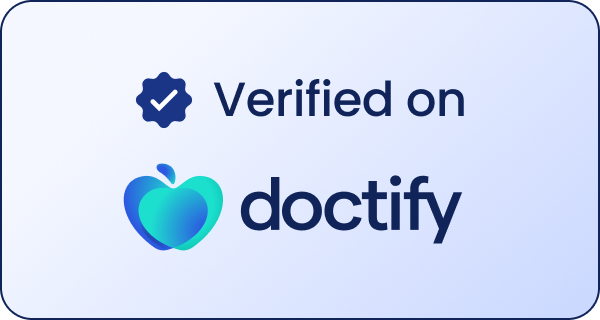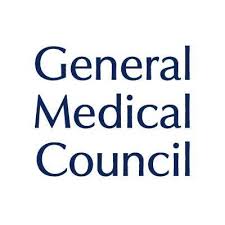What is bullying and how does it affect children?
Bullying is repeated, intentional behaviour that causes physical or emotional harm. It can take many forms – including verbal abuse, physical aggression, social exclusion, or cyberbullying. Bullying often occurs at school, online, or within peer groups. Whether it’s direct or subtle, bullying can have a serious and lasting impact on a child’s mental health, confidence, and sense of safety.



